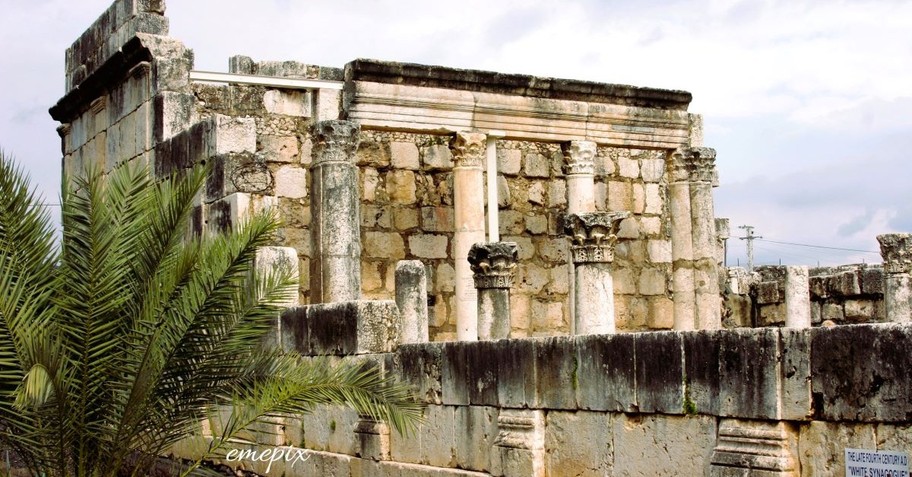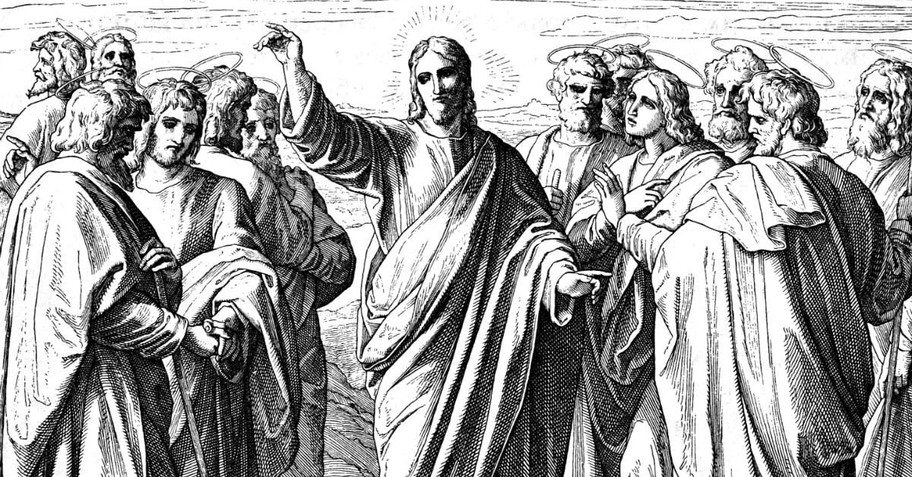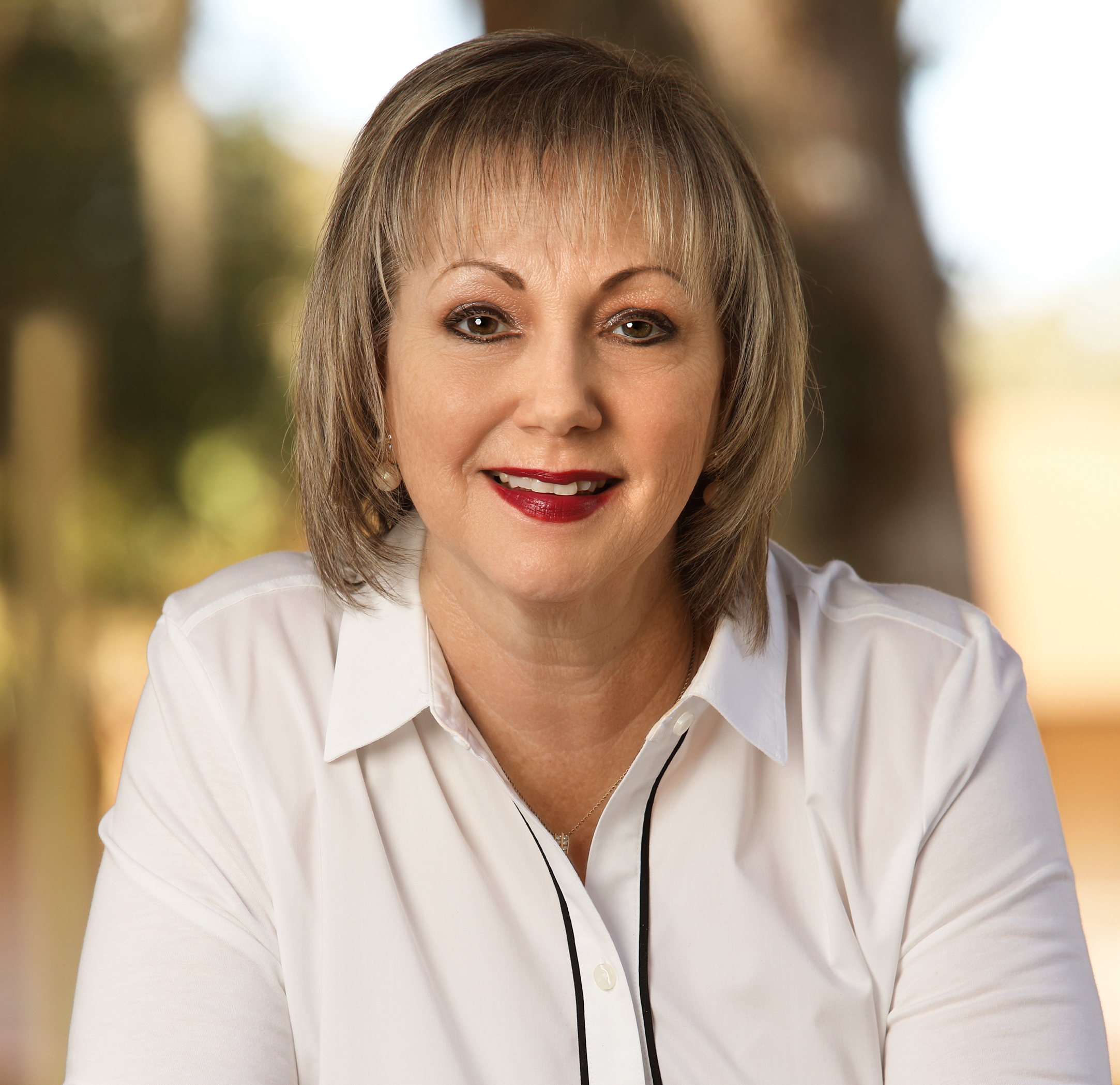How Will We Answer the Question of Loyalty in John 6?

I laughed while watching a television show in which a couple, while introducing themselves to international cuisine, discovered that the “delicious” food they’d just swallowed was, in fact, octopus. Their faces blanched, then turned red.
We’ve all had moments like that, I’m sure. Moments when someone says, “Let’s eat so-and-so” and we think, “Ew. No way.”
Such was a moment we find in John’s gospel, tucked within the sixth chapter.
Photo Credit: ©iStock/Getty Images Plus/maurusone
A Little Background
If John, while writing his gospel account, had thought to divide it into subtitles, he may have titled the sixth chapter, “Bread and Water.”
The chapter opens with Jesus’ feeding of the 5,000 along the Galilee (according to Luke 9:10, in Bethsaida). The celebration of the Passover was near (6:4), which may explain why there was such a congregation. Perhaps they had gathered in preparation to travel to Jerusalem for the feast.
The people had sought to find Jesus, follow Him, hang on to His teaching, and receive healing for those who were sick. These were signs and wonders.
Signs and wonders had been important to the Jews since, literally, Moses, the first mention being in Exodus (7:2-4). In Deuteronomy 4:34, we read: Has any god ever tried to take for himself one nation out of another nation, by testings, by signs and wonders, by war, by a mighty hand and an outstretched arm, or by great and awesome deeds, like all the things the Lord your God did for you in Egypt before your very eyes?
Signs and wonders were markers of divinity. No wonder that, beyond His love for a lost generation, Jesus used signs and wonders to show his compassion and to prove that He was who He said He was. And so the people came to Him . . .
As afternoon followed morning and the day became late, the Twelve realized that the crowd was growing hungry for physical food. “Send them into town,” they suggested. Then Jesus asked Philip, “Where can we buy bread for these people to eat?” (6:5, emphasis, mine) Philip answered honestly, “Eight months' wages couldn’t buy enough to feed this multitude!” (6:6) Then Andrew stepped forward with a young boy, poor, who had five small barley loaves and two small fish. With these, Jesus fed the crowd until they were full. Twelve small baskets of leftovers were gathered afterward.
The “signs and wonders” were, at this point, enough, and the people became anxious to make Jesus a political king. But this wasn’t His intent, so He slipped away by Himself. Once night descended, the Twelve, realizing Jesus was not with them, got into a boat and headed toward Capernaum, which was Jesus’ adopted hometown.
During the relatively short trip, a strong wind whipped up, kicking up the waves. John says they had gone about three to three-and-a-half miles when they saw what they thought to be a ghost walking on the water. (Fishermen, in those days, fished at night and told “ghost stories” as part of their entertainment. To see what they imagined to be an actual ghost would have naturally frightened them.) But they realized the “spirit” was Jesus (another sign and wonder). He got into the boat with them, and they went on to Capernaum.

A Crowd Follows & the Teaching Becomes Too Much to Swallow
The following day, the crowd realized that the Twelve and Jesus had left Bethsaida, so they decided to go to Capernaum to find them. They found Him/them in the synagogue, the ruins of which are located beneath a tourist site known today in Capernaum as The White Synagogue (6:59).
There, the going got tough, and the not-so-tough got going. There, they asked Jesus, “When did you arrive?” (6:25)
Jesus’ answer was no answer at all but was instead His stating of facts.
“Very truly I tell you, you are looking for me, not because you saw the signs I performed but because you ate the loaves and had your fill. Do not work for food that spoils, but for food that endures to eternal life, which the Son of Man will give you. For on him God the Father has placed his seal of approval” (6:26, 27).
By slipping from the physical bread which they had eaten to the spiritual bread, which was Himself, Jesus opened the door to a deeper understanding of Him, His Father, and salvation. Confused, the crowd asked what work they had to perform to do the work God required of them.
Jesus’ answer, simple enough, was to believe (6:29).
Apparently, seeing five small loaves turned into enough to feed 5,000 men (plus the women and children) with leftovers left over wasn’t enough. They wanted more signs. Perhaps a bigger sign? They debate with Jesus that of the manna God had provided for their people during their trek in the wilderness approximately 1500 years previous. “As it is written,” they said to Him, “God gave them bread from heaven to eat” (6:31, emphasis mine).
Was the bread from a young boy’s lunch not enough? I wonder . . .
Jesus reminds them that the bread didn’t come from Moses and that the true bread had come from the Father. The true bread, He told them, not only came from heaven but would give life to the world (6:33). Well, that sounded pretty good!
“Give us this bread!” they said to which He replied, “I am the bread” (6:35).
Photo Credit: Eva Marie Everson
Wait a Minute . . . Wait a Minute . . . Wait a Minute!
Wait, wait, wait, they must have thought, because then they asked, “Isn’t this Joseph’s son? How can He make these claims?” (6:42)
Jesus, hearing their grumblings, turned the tables and said, “No one can come to me unless the Father who sent me draws them, and I will raise them up at the last day. It is written in the Prophets: ‘They will all be taught by God.’ Everyone who has heard the Father and learned from him comes to me. No one has seen the Father except the one who is from God; only he has seen the Father. Very truly I tell you, the one who believes has eternal life. I am the bread of life. Your ancestors ate the manna in the wilderness, yet they died. But here is the bread that comes down from heaven, which anyone may eat and not die. I am the living bread that came down from heaven. Whoever eats this bread will live forever. This bread is my flesh, which I will give for the life of the world” (6:44-51, emphasis mine).
Note what I underlined. Jesus is declaring His Messiahship. He is proclaiming that He has seen God (No man may see my face and live (Exodus 33:20)). And then He seemingly states that to live eternally, one must eat His flesh.
Wait, wait, wait again. Partaking of flesh would have been an abomination to the Jews.
But Jesus wasn’t talking about eating His flesh as they would eat a loaf of bread. Instead, he was explaining that He would sacrifice His physical life so that man could obtain eternal life with God. “In the flesh” they couldn’t understand this. And the grumbling continued.
As if this teaching were not difficult enough, Jesus then added to it by saying, “Very truly I tell you, unless you eat the flesh of the Son of Man and drink his blood, you have no life in you. Whoever eats my flesh and drinks my blood has eternal life, and I will raise them up at the last day. For my flesh is real food and my blood is real drink. Whoever eats my flesh and drinks my blood remains in me, and I in them. Just as the living Father sent me and I live because of the Father, so the one who feeds on me will live because of me. This is the bread that came down from heaven. Your ancestors ate manna and died, but whoever feeds on this bread will live forever” (6:53-58). Again, pay attention to the underlined.
This was too much for those who had witnessed healings, and eaten miracle bread from a lunch pail, and then followed from Bethsaida. In fact, this was beyond gross (like eating octopus for the TV couple). This was an abomination. Against their laws. Cannibalism!

And Away They Go . . .
Many who heard said, “This teaching is too hard. Who can accept it?” (6:60)
Comprehending their grumbles, Jesus asked two questions I find the most heart-wrenching in the Bible. In fact, these are among my favorite verses.
1. Does this offend you? (6:61)
Then, after many within the crowd walked away, He turned to His faithful Twelve and asked:
2. You do not want to leave too, do you? (6:67)
The answer came from Simon Peter—an answer that soars within me every time I read it. “Lord, to whom shall we go? You have the words of eternal life. We believe and know that you are the Holy One of God” (6:68, 69, emphasis mine).
Perhaps Simon Peter had seen enough “signs and wonders.” But more interesting to note is that he said both “believe” and “know.”
In Greek, believe is pisteuo, which means to have a conviction and trust . . .to think to be true, to be persuaded of . . . to place confidence in.
To know is ginosko, which means to learn to know, to come to know . . . to understand. This word is also used to describe sexual intimacy between a man and a woman. This is intimate knowledge.
And For Us?
I believe that it is not enough for us to think something is true or even to be persuaded of it. I have believed in Jesus since I was a little girl. I went to Sunday school and church with my parents and younger brother. I attended VBS and Christian youth camps in the summers. I sang the songs and recited the verses, the creeds, and the liturgies. But it wasn’t until I had my own “face-to-face-come-to-Jesus” moment as a woman in her late 20s that I knew that what I believed was absolute truth. And that truth was the Truth (John 14:6). There is no other god for me but Jesus. I’ve seen enough “signs and wonders” in my lifetime, especially since that “come-to-Jesus” moment.
This walk is not always an easy one. In fact, there are times when it is downright difficult and walking away would be simpler. Believing and knowing when things are going well is one thing; believing and knowing when the going gets tough is another.
But to whom would we go? Only He has the words of eternal life.
Only He. . .
Photo Credit: Ruskpp
Originally published September 15, 2022.









